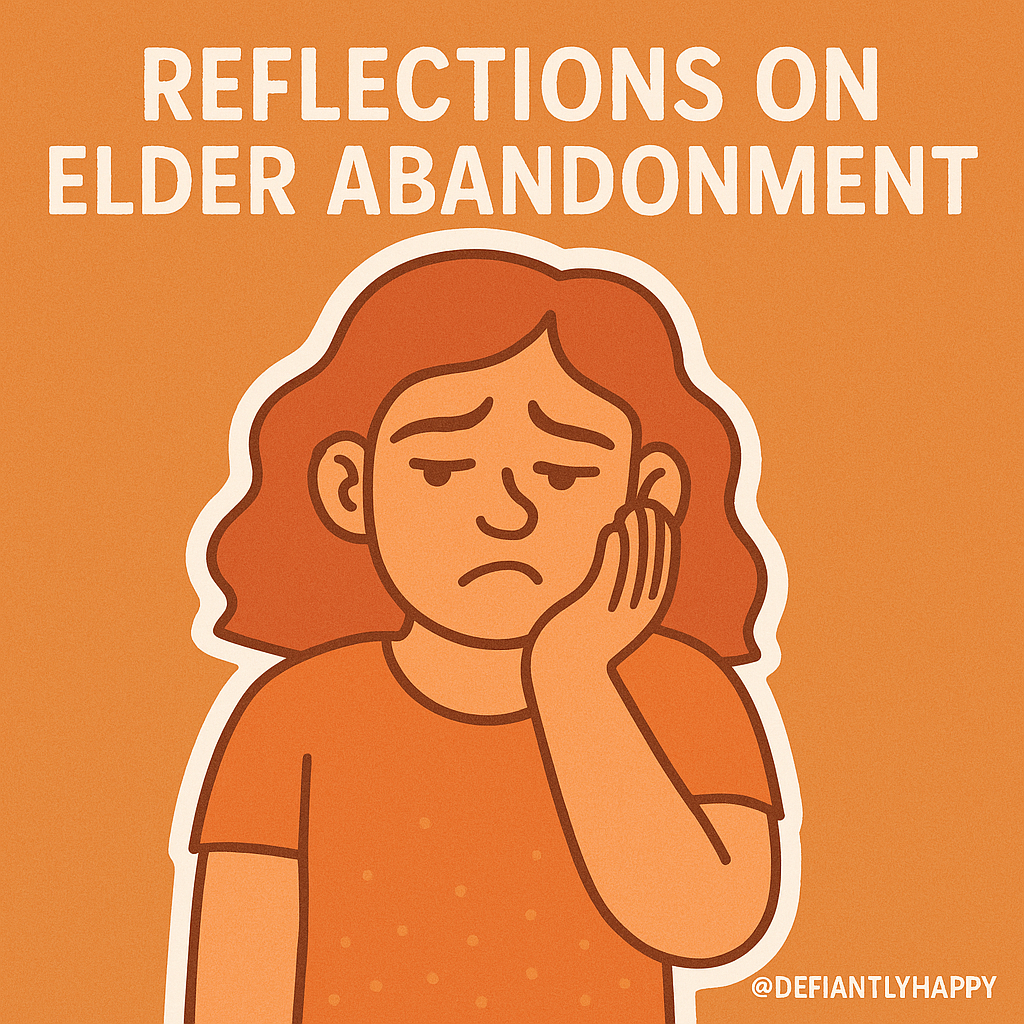Your cart is currently empty!

When the Story Ends: Reflections on Maestra Vida and Elder Abandonment
I recently saw Rubén Blades perform Maestra Vida live at Lincoln Center. At around 75 years old, his voice was still strong and rich, the acoustics were beautiful, and the crowd was right there with him—grateful, emotional, and fully immersed. It was performed concert-style, with the lyrics projected on screen. Even without a full stage production, the story landed hard.
By the end, I felt a heavy sadness. Maestra Vida is filled with the rhythm of life—love, struggle, loss, and change—but it closes with an aging Carmelo left alone. Like many stories, it touches on the grief of elder abandonment. It’s a familiar theme: the idea that children walk away, and parents are left behind, and the assumption that it’s simply tragic.
But what’s rarely asked is why that disconnection happens. It’s not always because someone didn’t care. Sometimes, it’s because the parent wasn’t emotionally safe. Sometimes, the damage ran deep, and walking away became an act of self-preservation.
Everyone loves to mention the sacrifices parents make—but sacrifices mean little if they’re wrapped in control, neglect, or abuse.
As Rubén Blades’ lyrics echoed those familiar sentiments of parental sacrifice, I couldn’t help but feel the disconnect.
Because here’s the truth:
Children don’t need sacrifices. They need love. They need safety.
They need to feel seen, protected, and emotionally supported. A parent can work three jobs and still leave behind a trail of emotional harm if there’s no kindness, no presence, no sense of safety in the home. Sacrifices without love can feel like guilt, not care.
No one abandons a parent who was truly loving and emotionally present. That narrative—that adult children are cold or selfish—ignores the complexity. It erases the stories of those who tried for years to have a relationship and were met with denial, guilt trips, or emotional harm.
That said, walking away isn’t the only path.
Choosing to Stay
There’s a third, harder road—the choice to stay and try to heal. That’s the one I made.
It’s not easy. Parents don’t always change. In our Latino culture especially, there’s a tendency to bury pain beneath loud music, jokes, or drinks. We’re taught to perform happiness. We’re taught to keep things surface-level and avoid the hard stuff. But beneath that avoidance lives a chance—for growth, for truth, for real reconciliation.
That kind of healing requires courage. It takes boundaries, patience, and the willingness to speak honestly even when the other person might never fully meet you there. It’s messy. But it can also be beautiful.
The Real Message
Seeing Maestra Vida reminded me of how layered these stories are. It’s not just about abandonment—it’s about survival, healing, and the choices we make to protect our peace, whether that means leaving, loving from a distance, or daring to try again.
Maybe the real message is this: We each have our reasons. And those reasons deserve compassion—not judgment.
A Note to You
If this resonates with you—whether you’ve walked away, stayed and struggled, or found healing over time—I see you. Family stories are rarely simple, especially when we’ve been hurt by the very people who raised us.
Take a moment to reflect:
• What kind of relationship do you want with your elders—if any?
• What parts of your story deserve more compassion, even from yourself?
• Is there space for healing, or is peace found in distance?
Whatever your answer, it’s valid. Your story matters.
~Maggie Hernandez-Knight
Disclaimer:
Everything shared on this blog comes from personal experience and a whole lot of trial and error. It’s meant to inform and inspire—not to diagnose, treat, or replace professional medical or mental health advice. Always check in with a licensed healthcare provider before making choices about your health or wellbeing. This content is shared with love from New York, and follows U.S. laws.
